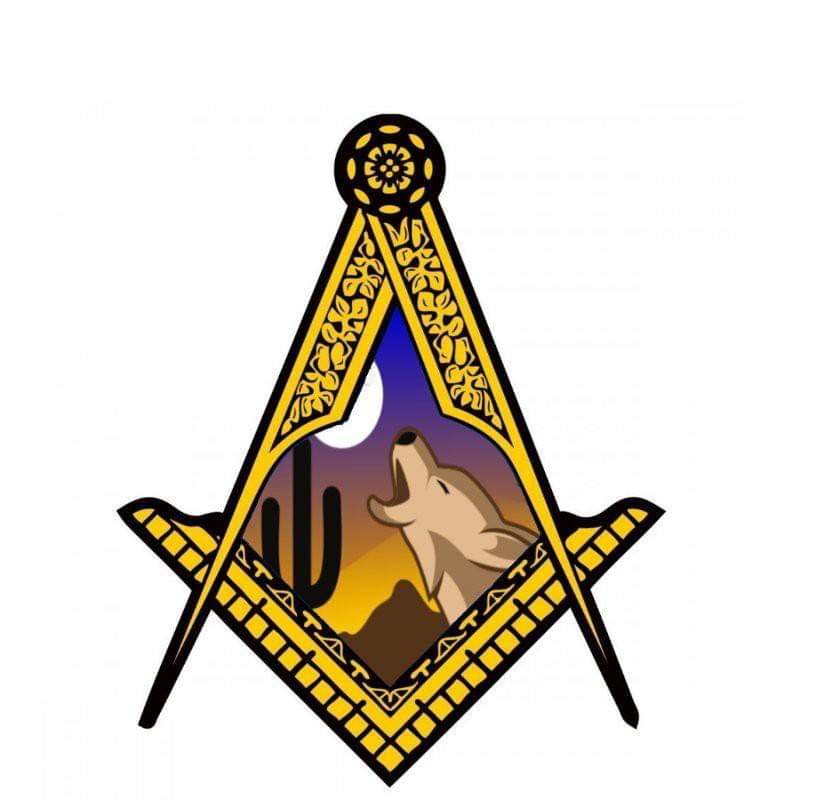The Holy Saints John: A Brief Introduction to Their Masonic Connections
- Gila Valley 9 Masonic Lodge

- Jun 20, 2023
- 2 min read
By WB Daniel Genchi

St. John the Baptist and St. John the Evangelist have both had significant historical importance within Freemasonry, particularly in the realm of symbolism and ritual.
St. John the Baptist is revered within Freemasonry as the patron saint of the craft, and his life and teachings are often referenced in Masonic ritual and symbolism. According to Masonic tradition, St. John the Baptist was a prophet and precursor to Jesus Christ, who was chosen by God to prepare the way for the coming of the Messiah. He is known for his role in baptizing Jesus and for preaching a message of repentance and redemption.
In Freemasonry, St. John the Baptist is often depicted holding a lamb, which is a symbol of innocence and purity. This symbol is often used to represent the pure and unblemished nature of the candidate seeking admission into the fraternity. Additionally, the date of St. John the Baptist's birth (June 24th) is celebrated as St. John the Baptist Day within the fraternity, and is typically marked with special ceremonies and events.
St. John the Evangelist, also known as St. John the Divine, is another figure who has had significant historical importance within Freemasonry. St. John is known as one of the twelve apostles of Jesus and is believed to be the author of several books of the New Testament, including the Gospel of John, the Book of Revelation, and three letters known as the Epistles of John.
In Freemasonry, St. John the Evangelist is often depicted holding a chalice and a serpent, which are symbols of the Last Supper and the temptation of Jesus in the wilderness, respectively. These symbols are often used to represent the spiritual nourishment and guidance that the fraternity offers to its members.
Both St. John the Baptist and St. John the Evangelist are revered within Freemasonry for their role as spiritual leaders and their teachings about love, compassion, and service to others. These values are central to the principles of Freemasonry and are reflected in the fraternity's commitment to charity, brotherhood, and personal growth.
In summary, St. John the Baptist and St. John the Evangelist have had significant historical importance within Freemasonry as figures who embody the values and principles of the fraternity. Their lives and teachings continue to be an important source of inspiration and guidance for Masons today.





Comments